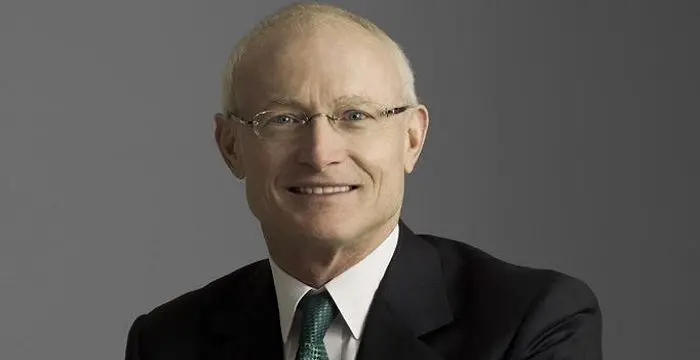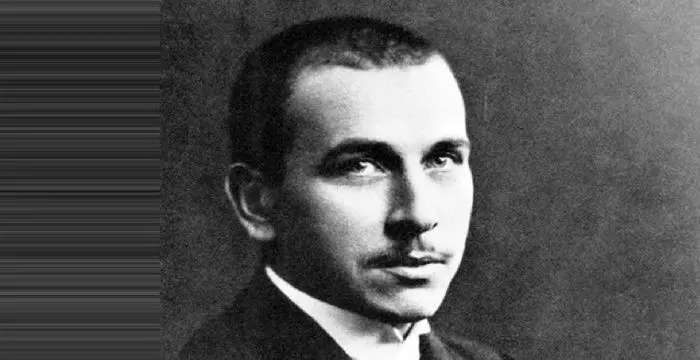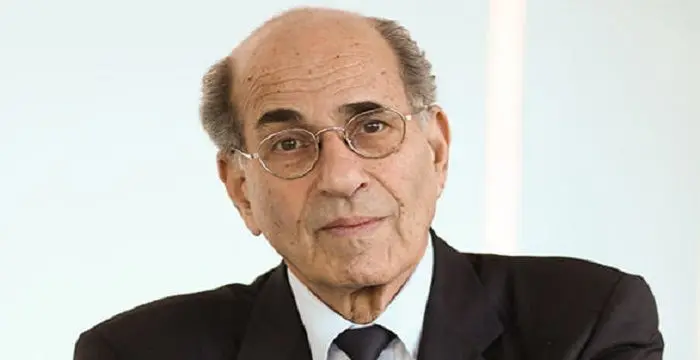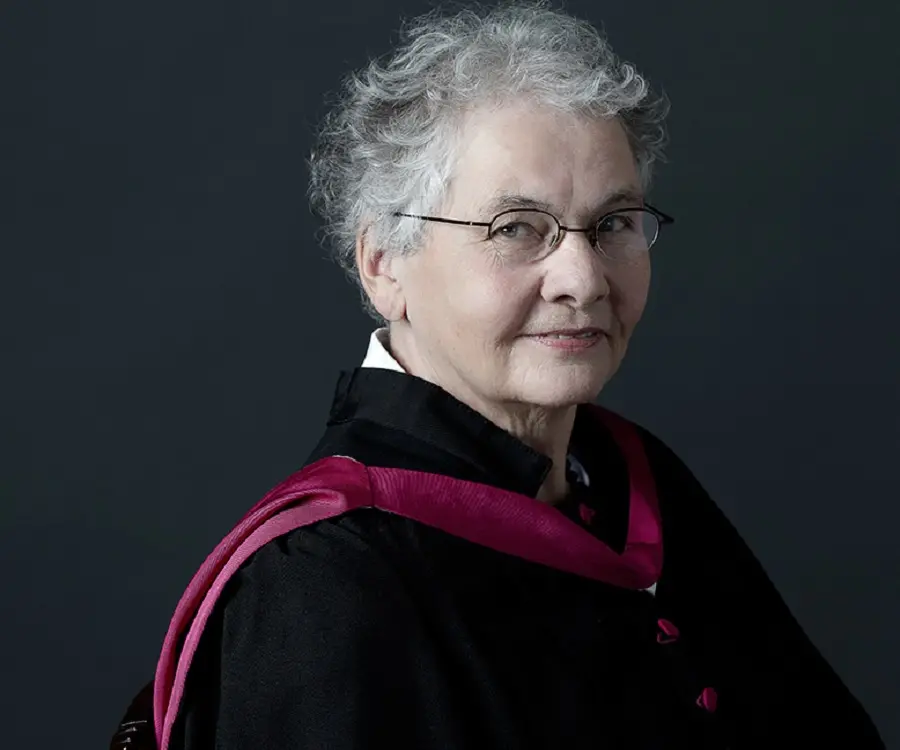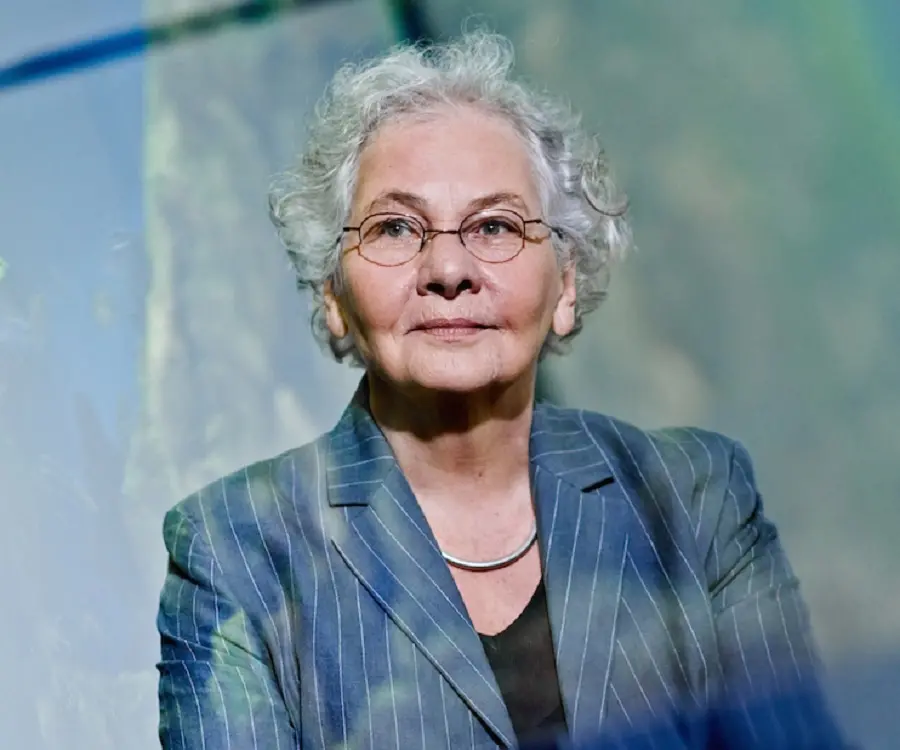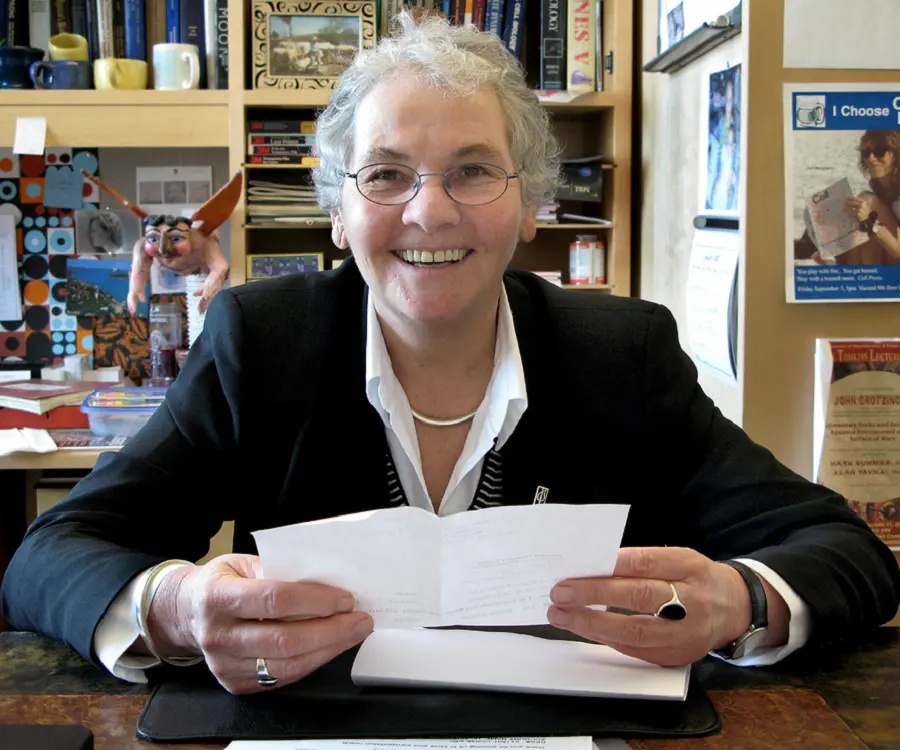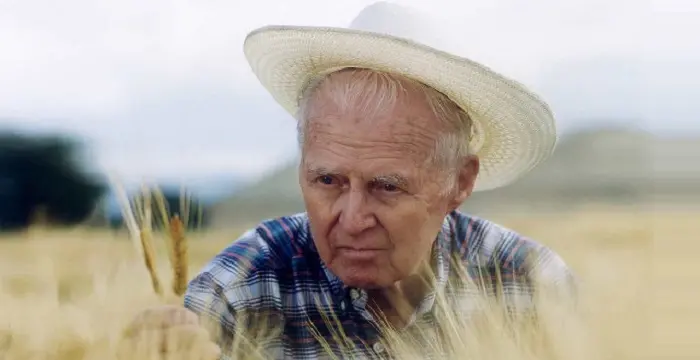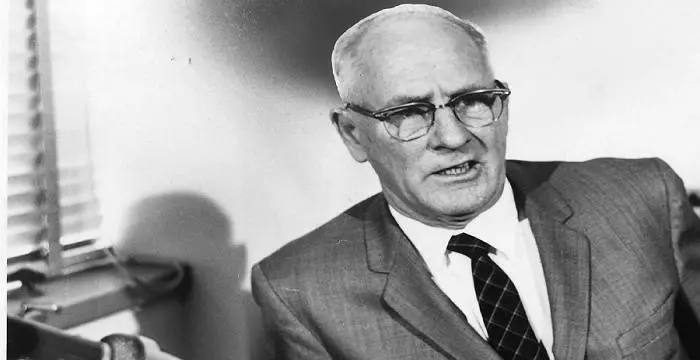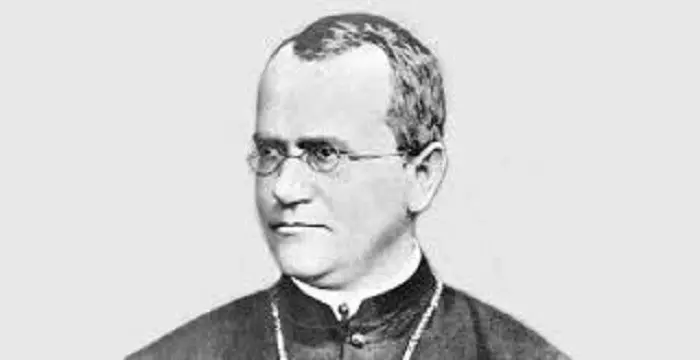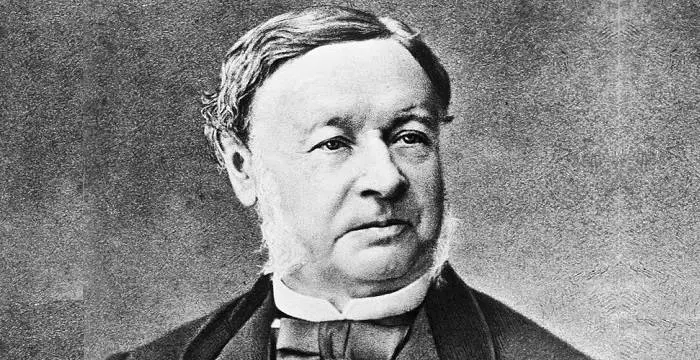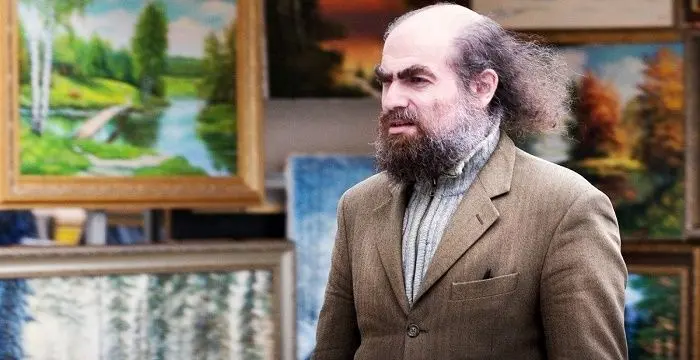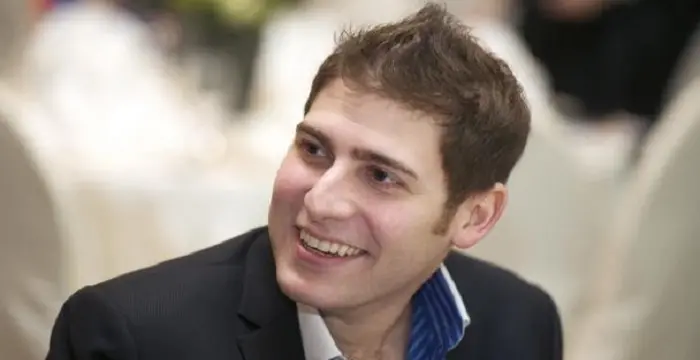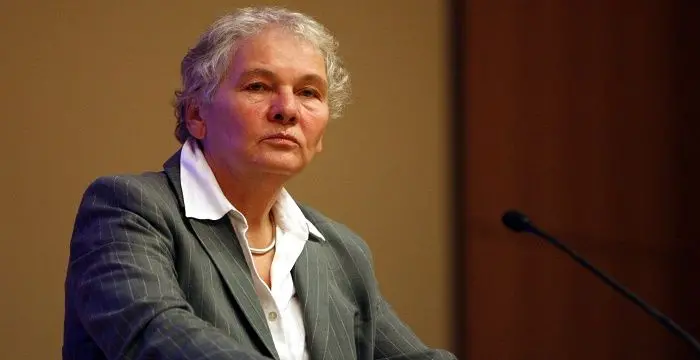
Christiane Nüsslein-Volhard - Researcher, Life Achievements and Family
Christiane Nüsslein-Volhard's Personal Details
Christiane Nusslein-Volhard is a famous Nobel Prize winning German biologist who studied genetic control of embryonic development in drosophila
| Information | Detail |
|---|---|
| Birthday | October 20, 1942 |
| Nationality | German |
| Famous | Scientists, Biologists, Geneticists, Researcher |
| Known as | Christiane Nusslein-Volhard |
| Universities |
|
| Birth Place | Magdeburg |
| Gender | Female |
| Sun Sign | Libra |
| Born in | Magdeburg |
| Famous as | Researcher |
// Famous Researcher
Michael Porter
Michael Porter is an economist, researcher, author, advisor, speaker and teacher. This biography profiles his childhood, career, academic contribution, works, life, achievements and timeline.
Alfred Wegener
Alfred Wegener was a renowned German geophysicist and meteorologists who is known for pioneering the ‘Continental Drift’ theory. To know more about his childhood, profile, timeline and career read on.
Richard Axel
Richard Axel is Nobel Prize winning American scientist, well-known for his scientific work pertaining to ‘olfactory receptors’. Read this biography to learn more about his childhood, life, works, achievements and timeline.
Christiane Nüsslein-Volhard's photo
Who is Christiane Nüsslein-Volhard?
German scientist Christiane Nusslein-Volhard has been one of the leading researchers in the field of genetics and embryology. Born in Germany at the crux of the World War II, she had a modest upbringing as her parents strived to provide them the best of everything. Books or toys were hard to come by during the post war era so her parents would give them handmade stuff. Encouraged by her family, Nusslein pursued a career in science; biology in particular was her favourite subject. After completing a diploma in biochemistry, she also received a doctoral degree in genetics. Christiane worked with some of the other leading researchers on the subject and came up with theories that went on to reshape the way in which genetics is studied all over the world. Her studies on the drosophila mutant paved the way for further research on how genetics control development of embryo. She has also worked in major research centres in Europe and has been felicitated by institutions that look for excellence in scientific study. Hallowed institutions like Harvard and Yale have presented her with honorary degrees. The eminent biologist is on board the National Ethics Council of Germany, which is an organization that monitors and assesses the new discoveries in the field of life science on ethical grounds. Read on to know more about her life and works
// Famous Geneticists
Norman Borlaug
Norman Borlaug was an American biologist known as the “Father of the Green Revolution”. This biography of Norman Borlaug provides detailed information about his childhood, life, achievements, works & timeline.
George Wells Beadle
George Wells Beadle was an American geneticist who won the 1958 Nobel Prize in Medicine. Check out this biography to know about his childhood, life, achievements, works & timeline.
Gregor Mendel
Gregor Mendel was an Austrian scientist and monk credited with being the father of modern genetics for his pioneering work in the study of heredity. This biography provides detailed information about his childhood, life, achievements, & timeline.
Childhood & Early Life
Christiane Nusslein-Volhard was born on 20 October, 1942 in the German town of Magdeburg to architect Rolf Volhard and his wife Brigitte Hass Volhard. Although her father was an architect by trade he was also a musician in his own right; her mother was interested in painting.
Volhard was an exceptional student but she only performed well in the subjects in which she felt interested, that included science and German literature.
She graduated from school in the year 1962 and wanted to study biology; although medicine interested her as well. In order to decide on her course of action she enrolled in a month long nursing course and decided against studying medicine.
Till the year 1964, she dabbled between biology and physics trying to decide the best choice of career but she found biology boring while another course in physics turned out to be too tough after a point.
However when she came to know of a new course in biochemistry that was being taught at Tubingen and she joined the university.
She graduated with a Diploma in Biochemistry in the year 1969 and four years later, after working extensively on the theories related to genetics she was awarded a Ph.D. in genetics by the ‘University of Tubingen’.
Career
In the year 1973, Nusslein met the famous developmental biologist Walter Gehring at a conference in Freiberg and she proposed the idea of working in his lab in Basel for her research. Two years later she moved to Basel to do post-doctoral research.
In the year 1978, the ‘European Molecular Biology Laboratory’ in Heidelberg, Germany appointed her as a group leader and there she was joined by American developmental biologist Eric Wieschaus.
During her time at the ‘European Molecular Biology Laboratory’ in Heidelberg, Germany, she conducted extensive genetic experiments on different varieties of flies and concluded that only 140 genes among the 20,000 that she studied were essential; thereby paving the way for the study of Drosophila mutants.
In the year 1981 she returned to ‘Friedrich Miescher Laboratory’ in Tubingen and continued her research on Drosophila mutants. Four years later she was appointed as the Director of the ‘Max Planck Institute for Developmental Biology’, a position she holds till date.
In 1992, Nusslein started research on the developmental genes in zebra fish, since the embryo of these fishes have the characteristics of those in many other vertebrates. These findings of these studies have been regarded as some of the most important in genetics.
Other than being one of the most successful researchers in genetic studies; Volhard has also written two very important books. The first one is titled ‘Zebrafish: A Practical Approach’ in 2002 and four years later she followed it up with another highly acclaimed book titled ‘Coming Back to Life: How Genes Drive Development’.
Major Works
Christiane continues to make significant contribution to the field of genetics but undoubtedly her most important contribution would remain her study of the mutations in embryonic development in the drosophila. The studies provided crucial insights into how genetic mutation affects formation of complex multi-cellular structure from a single celled embryo.
Awards & Achievements
The ‘Leibniz Prize’ is awarded by the ‘German Foundation’ to outstanding scientists of German origin and Christiane was awarded the prize in 1986.
In the year 1991, she was awarded the ‘Albert Lasker Award for Basic Medical Research’ by the ‘Lasker Foundation’.
In 1995, she jointly won the ‘Nobel Prize in Medicine’ with Eric Wiechaus and Edward B. Lewis for their work on embryonic development.
Personal Life & Legacy
The details about her married life is quite unclear, however according to many Christiane was married for a short while and the marriage ended in divorce while she was still a young researcher. The surname Nusslein belongs to her husband.
// Famous Biologists
Juliane Koepcke
Juliane Koepcke is a German-Peruvian biologist, who was the lone survivor among the 92 passengers and crew of the ill-fated LANSA Flight 508 that crashed in the Peruvian rainforest on 24 December 1971. Know more about her life in this biography.
Theodor Schwann
Theodor Schwann was a German physiologist who discovered the Schwann cells in the peripheral nervous system. This biography of Theodor Schwann provides detailed information about his childhood, life, achievements, works & timeline.
Norman Borlaug
Norman Borlaug was an American biologist known as the “Father of the Green Revolution”. This biography of Norman Borlaug provides detailed information about his childhood, life, achievements, works & timeline.
Christiane Nüsslein-Volhard's awards
| Year | Name | Award |
|---|---|---|
Other | ||
| 0 | 1995 - Nobel Prize in Physiology or Medicine | |
| 0 | 1991 - Albert Lasker Award for Basic Medical Research | |
| 0 | Gottfried Wilhelm Leibniz Prize | |
| 0 | 1992 - Louisa Gross Horwitz Prize | |
Christiane Nüsslein-Volhard biography timelines
- // 20th Oct 1942Christiane Nusslein-Volhard was born on 20 October, 1942 in the German town of Magdeburg to architect Rolf Volhard and his wife Brigitte Hass Volhard. Although her father was an architect by trade he was also a musician in his own right; her mother was interested in painting.
- // 1962She graduated from school in the year 1962 and wanted to study biology; although medicine interested her as well. In order to decide on her course of action she enrolled in a month long nursing course and decided against studying medicine.
- // 1964Till the year 1964, she dabbled between biology and physics trying to decide the best choice of career but she found biology boring while another course in physics turned out to be too tough after a point.
- // 1969She graduated with a Diploma in Biochemistry in the year 1969 and four years later, after working extensively on the theories related to genetics she was awarded a Ph.D. in genetics by the ‘University of Tubingen’.
- // 1973In the year 1973, Nusslein met the famous developmental biologist Walter Gehring at a conference in Freiberg and she proposed the idea of working in his lab in Basel for her research. Two years later she moved to Basel to do post-doctoral research.
- // 1978In the year 1978, the ‘European Molecular Biology Laboratory’ in Heidelberg, Germany appointed her as a group leader and there she was joined by American developmental biologist Eric Wieschaus.
- // 1981In the year 1981 she returned to ‘Friedrich Miescher Laboratory’ in Tubingen and continued her research on Drosophila mutants. Four years later she was appointed as the Director of the ‘Max Planck Institute for Developmental Biology’, a position she holds till date.
- // 1986The ‘Leibniz Prize’ is awarded by the ‘German Foundation’ to outstanding scientists of German origin and Christiane was awarded the prize in 1986.
- // 1991In the year 1991, she was awarded the ‘Albert Lasker Award for Basic Medical Research’ by the ‘Lasker Foundation’.
- // 1992In 1992, Nusslein started research on the developmental genes in zebra fish, since the embryo of these fishes have the characteristics of those in many other vertebrates. These findings of these studies have been regarded as some of the most important in genetics.
- // 1995In 1995, she jointly won the ‘Nobel Prize in Medicine’ with Eric Wiechaus and Edward B. Lewis for their work on embryonic development.
- // 2002Other than being one of the most successful researchers in genetic studies; Volhard has also written two very important books. The first one is titled ‘Zebrafish: A Practical Approach’ in 2002 and four years later she followed it up with another highly acclaimed book titled ‘Coming Back to Life: How Genes Drive Development’.
// Famous Scientists
Juliane Koepcke
Juliane Koepcke is a German-Peruvian biologist, who was the lone survivor among the 92 passengers and crew of the ill-fated LANSA Flight 508 that crashed in the Peruvian rainforest on 24 December 1971. Know more about her life in this biography.
Henry Cavendish
Henry Cavendish was a theoretical chemist and physicist, renowned for discovery of hydrogen and calculation of the mass of earth. To know more about his childhood, profile, timeline and career read on
Konstantin Tsiolkovsky
Konstantin Tsiolkovsky was a Russian rocket scientist and a pioneer of astronautics. This biography provides detailed information about his childhood, family, personal life, career, achievements, etc.
Gabe Newell
Gabe Newell is an American computer programmer and businessman, best known as the co-founder of ‘Valve Corporation.’ This biography provides detailed information about his childhood, family, personal life, career, etc.
Grigori Perelman
Grigori Perelman is a Russian mathematician who is best known for his contributions to Riemannian geometry and geometric topology. Check out this biography to know about his childhood, family life, achievements and fun facts about him.
Eduardo Saverin
Eduardo Luiz Saverin is a Brazilian internet entrepreneur and investor. This biography profiles his childhood, life, career, achievements, and timeline
Christiane Nüsslein-Volhard's FAQ
What is Christiane Nüsslein-Volhard birthday?
Christiane Nüsslein-Volhard was born at 1942-10-20
Where is Christiane Nüsslein-Volhard's birth place?
Christiane Nüsslein-Volhard was born in Magdeburg
What is Christiane Nüsslein-Volhard nationalities?
Christiane Nüsslein-Volhard's nationalities is German
What was Christiane Nüsslein-Volhard universities?
Christiane Nüsslein-Volhard studied at University of Tübingen
What is Christiane Nüsslein-Volhard's sun sign?
Christiane Nüsslein-Volhard is Libra
How famous is Christiane Nüsslein-Volhard?
Christiane Nüsslein-Volhard is famouse as Researcher
